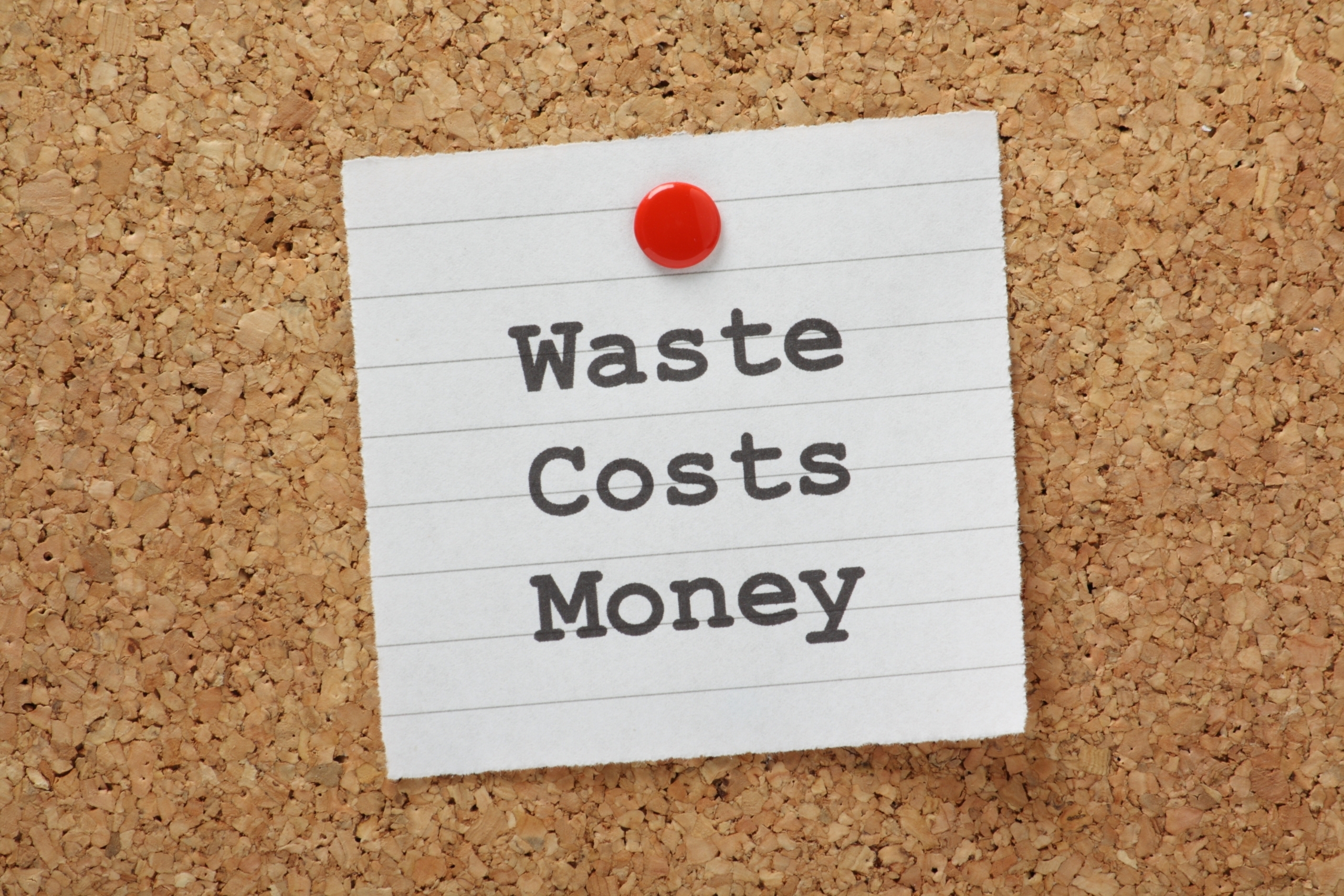Cutting down on chemical usage is something many organizations in the industrial sector would like to do, but they lack resolve. It’s easier to keep using chemicals that work like a charm — and view negative safety factors as an inevitable part of the equation — than hassle with implementing other strategies and potentially deal with a temporary dip in productivity.
However, this view of cutting chemical usage ignores four options that are easy to implement from perspectives of cost, turnaround time, and productivity. If cutting chemical usage is one of your organization’s New Year’s resolutions, below are four reduction strategies that can help make it a resolution you keep.
- Use More Efficacious Chemicals
Do you use chemicals that an experienced solvent manufacturer helped you pair with your cleaning operations? Are the chemicals the best fit for their applications? If not, cutting chemical usage could be as simple as switching to more efficacious chemicals. The more power a chemical has to produce the desired effect, the less you use to achieve the effect. The key is choosing a cleaner whose increased strength doesn’t create additional safety issues.
- Switch to Non-Chemical Cleaners
We often think of industrial cleaning as being synonymous with applying harsh cleaning chemicals, but the green movement has inspired the creation of industrial grade, non-chemical cleaners that remove exceptionally tough accumulations. High-power citrus degreasers are an example of these new generation cleaners, some of which have the added benefit of biodegradability.
- Recycle Your Chemical Cleaners
Some types of chemical cleaners can be recycled and reused. For example, when used with a parts washing machine that supports solvent recycling, vapor degreasers can be recycled through a process of condensation that returns the recycled cleaner to the solvent basin. In addition to cutting chemical usage for environmental reasons, cutting chemical use in this fashion can be a big money saver.
- Use a Cleaner in Different Form
Not using the optimal form of a cleaner for a specific application can lead to overusing chemicals. For example, if you use pump spray instead of aerosol to degrease electrical equipment that has complex geometries, you may be using far more cleaner than necessary, as evidenced by waste cleaner readily entering the waste trap.
Sometimes, simply changing the form in which you use a cleaner — as opposed replacing the cleaner with a new one — can help with cutting chemical usage.
Need Help Cutting Chemical Usage?
If so, Ecolink has cost effective options that could be exactly what you need to achieve the goal. We offer highly efficacious, solvent based and aqueous based cleaners in stock and custom formulations. In addition, we provide free product samples, so you can test our solutions before you buy.
For information on reducing chemical usage with our eco friendly cleaners, call us today at (800) 365-1305, or send us an email through our contact form, to schedule a free consultation. We look forward to reviewing your operations and seeing what we can do to help!















